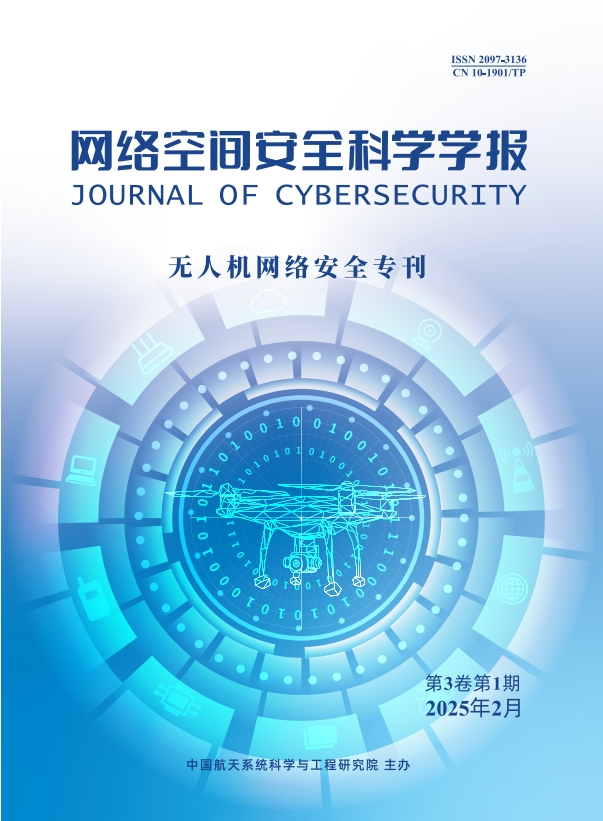Policies on Academic Dishonesty
Journal of Cybersecurity
Policies on Academic Dishonesty
This journal strictly conducts multiple checks and screenings on all submitted papers. Papers that are proved to have academic misconduct will be rejected and the authors shall be penalized depending on the situation. The process and rules are as follows:
1. The editorial office uses the CNKI Academic Misconduct Literature Detection system to conduct plagiarism tests for submitted papers before initial review and for accepted papers before online publication, requiring a repetition rate of no more than 10%. Papers that are found to be plagiarized, duplicated, or submitted multiple times will be rejected.
2. The testing scope covers:
1) All submitted papers, papers ready for acceptance, and papers already accepted;
2) Papers reported as suspected of plagiarism.
3. Determination of Academic Misconduct
The CNKI Academic Misconduct Literature Detection system shall be adopted. If the repetition rate is higher than requirement, the paper should be submitted together with the comparative paper to the peer review experts to determine whether there is a plagiarism or not. The criteria for identifying misconduct papers are as follows:
1) Copy the achievements of others in original or almost unchanged form in the content of the paper;
2) Change the type of work done by others and take the work as one's own independent work; or make use of copyrighted contents and take achievement completed by others as one's own independently completed achievement by altering its specific form but not changing the type of achievement,
3) Use protected viewpoints of others to form the entirety, core, or main viewpoint of one's own paper, or use protected academic achievements of others as the main or substantive part of one's own paper.
4) Fabricate or tamper with research results, survey data, experimental data, or literature materials.
5) Quote protected viewpoints, plans, materials, or data from others without proper citation or indicating the source;
6) Multiple submissions or self-plagiarism.
4. Penalties for Academic Misconduct
1) This journal adopts a prudent attitude towards cases of academic misconduct, promptly notifies the authors, and allows them to explain and defend themselves before final decision.
2) If the paper has been accepted but not officially published, the author will be notified and the paper will be rejected and disqualified from acceptance in the editorial system. The relevant materials will be archived.
3) If the paper has already been officially published, the author of the paper shall be notified in writing. The acceptance will be canceled and the authors will be required to refund the remuneration, apologize in public to the journal, the infringed party, and all readers for the misconduct, and bear corresponding responsibilities. If it causes reputation loss or other losses to this journal, this journal reserves the right to seek further compensation.
4) This journal will notify the final decision to all authors, their affiliations, relevant institutions and databases.
5) For authors involved in serious plagiarism or multiple submissions, the journal will reject their submission as the first author in 2 years.
5. Appeal
If authors have objections to the determination and processing of academic misconduct, they can submit a written appeal to this journal within 10 working days from the date of receiving the notification. The editorial office shall invite experts to conduct the second investigation and make final decision. The result will be notified to authors within 30 working days. Overdue appeal will not be accepted.


